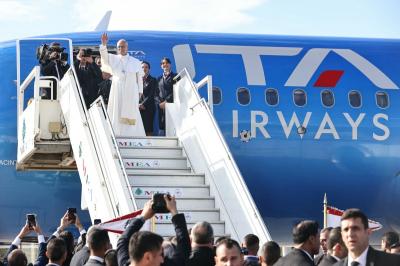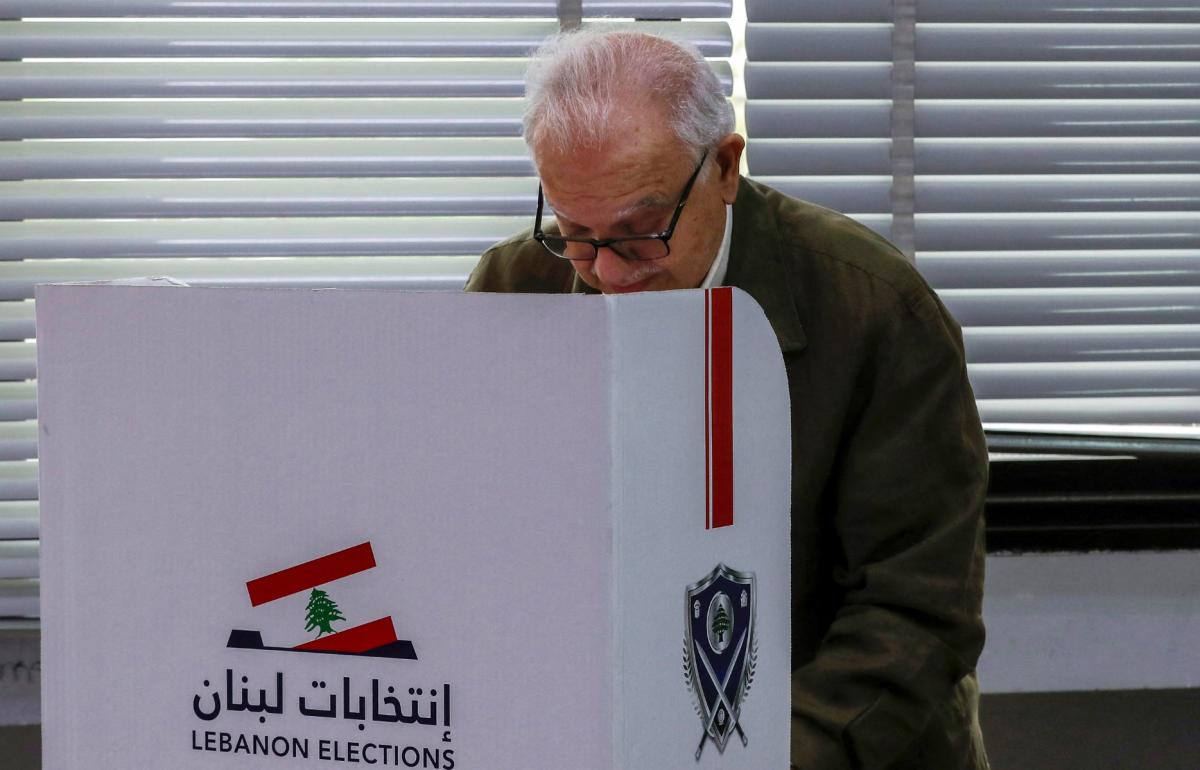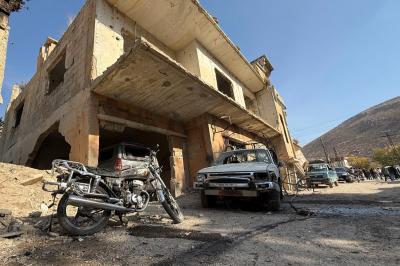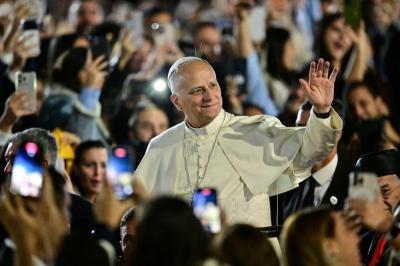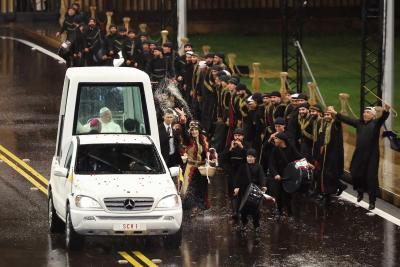Lebanon embarks on long-overdue municipal and mukhtari (local leadership) elections—an exercise in democracy the Lebanese haven’t witnessed since 2022, after being postponed three times.
The first postponement came in 2022 due to overlapping with parliamentary elections. The second, in 2023, was caused by the state’s inability to secure the necessary funding. The third delay, last year, came as Israel launched a war on Lebanon—its consequences still echoing today.
The elections unfold in four phases across the country’s eight governorates: Mount Lebanon votes on Sunday May 4th; North Lebanon and Akkar on May 11th; Beirut, Bekaa, and Baalbek-Hermel on May 18th; and South Lebanon and Nabatieh on May 25th—coinciding, with Liberation Day.
Though municipal elections are relatively new to modern Lebanon—only resumed in 1998 after a decades-long hiatus—they’re far from new to the country’s historical makeup. In fact, Lebanon’s cities once operated like autonomous kingdoms with early democratic traditions that predate many modern states.
The famed Egyptologist Flinders Petrie documents the existence of municipal structures in Phoenicia as early as the 14th century BCE. And the “Wen-Amon Report” from the early 11th century BCE attests to the widespread presence of municipal assemblies in Phoenician cities.
What’s striking about this year’s election is the enthusiasm among a new generation of young men and women. They’ve formed electoral lists across various regions, and polling experts are watching closely to see whether they’ll shake up the results—or be disappointed at the ballot box.
Also notable is the number of former parliamentary candidates now entering the municipal race—an acknowledgment of how critical local governance has become.
Yet in many cases, family dynamics and village-specific considerations have overshadowed party politics. Some political groups are sitting this one out, giving their base a free hand; others are diving in with a political agenda, puffed up by a false sense of strength. They’re portraying contests in symbolic cities as epic battles—echoes of El Alamein or the pre-Islamic war of Dahis and Ghabra—as if the fate of the entire planet hangs in the balance.
In the Bekaa and the South, all eyes are on whether the Shiite duo—Hezbollah and Amal—can display unity and popularity amid growing international, regional, and local pressure. Pressure aimed at forcing them to disarm and delegitimize the culture of resistance they champion, in response to Israel’s persistent aggression—backed by the United States, unchecked and unaccountable.
Yet for all this noise, none of it really matters.
As long as municipalities are governed by the same outdated laws—still stuck collecting taxes without benefiting from the independent municipal fund—elections will remain largely futile unless accompanied by comprehensive administrative and fiscal decentralization.
That kind of reform would transform municipalities into genuine local governments with financial autonomy—capable of investing in their own development, either independently or through federations of municipalities.
But decentralization remains a distant goal. Despite being enshrined in Lebanon’s National Accord Document—and thus in the Constitution—political forces remain divided on its meaning. The dominant trend continues to be centralization, where the spoils of state power are monopolized by historical families and entrenched interests. It’s the deep state in action, preserving its grip on people’s lives. Meanwhile, reform-minded factions push for true decentralization that would allow every province, district, or even small town to rise on its own feet—once its dues to the central state are paid.
Being a mayor—or a municipal council member—is not just a status symbol or a path to the honorific title of “reyyis.” It’s a public responsibility, often more consequential than that of a parliamentarian or a minister.
We don’t need mayors to follow the satirical advice from the Rahbani brothers, as sung by Fairuz: “Your municipality is generous, it hosts a feast every day; feed the people at your expense and you’ll win their love.” The Lebanese aren’t beggars at anyone’s table. Their dignity is not for sale.
Once the municipal law is reformed, the mayor should be seen as the head of a local executive authority—a local government in their own right. Their constituents are citizens of this “small state” within the broader nation. They should act accordingly.
Otherwise—again, in the words of the Rahbani brothers—they may as well just “fry potatoes and serve them in a tray.”
Please post your comments on:
comment@alsafanews.com
 Politics
Politics
